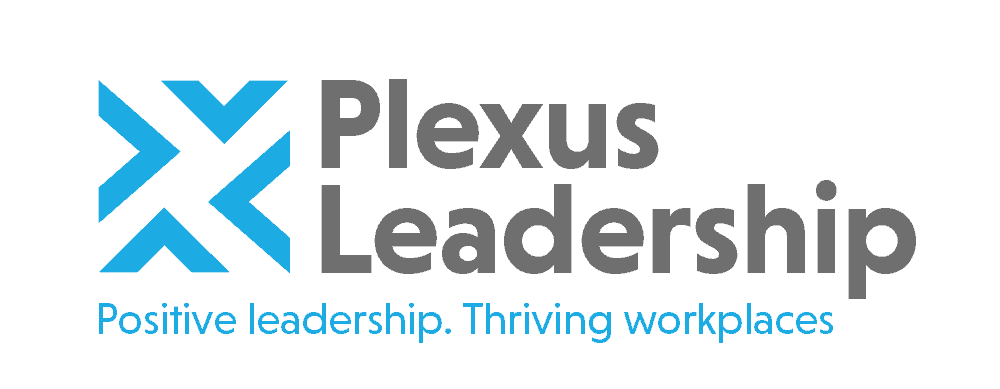The best Tech businesses are built around strong leadership partnerships
I went to see Rocketman during the Bank Holiday weekend. Apart from it being a thoroughly enjoyable movie, a powerful thread of the story that struck me the most was the great partnership and friendship between Elton John and Bernie Tarpin. Elton himself was a gifted songwriter. However, Bernie was even more talented as a songwriter. In fact, Bernie has written Elton’s most famous songs. They met before Elton was famous and have had a musical partnership spanning 50 years.
Just like in the music business, strong leadership partnerships can help rocket your tech start-up to breakthrough success. Examples of the power of great tech leadership partnerships are plentiful. They include Apple’s late Steve Jobs and Steve Wozniak. Google’s Larry Page and Sergey Brin, and HP’s Bill Hewlett and David Packard.
So how can you pick the right partner for your tech start-up business and ensure you effectively manage the partnership to leverage success?
Ensure your vision is aligned
Ensure you choose a partner who shares a passion for your vision and aspirations. This is crucial as it is the ‘glue’ that will hold your relationship together. You will soon fall out if your ‘picture of success’ is not aligned with that of your business partner. Similarly, you should share broadly similar personal and career values. Explore how each of these, as well as any differences, will guide the way you manage and scale the business. For example, if you are the type of person who values hard work and long hours above all else, but your partner values work-life balance and time with their family, it is unlikely the relationship will last.
Find a partner who complements you
Look for someone who has different strengths and skills and can complement you. In other words, they should possess strengths and skills in areas where you are weaker. A great example of this was the excellent ‘hacker’ – ‘hustler’ combination of Wozniak and Jobs when they co-founded Apple. Too many people make the mistake of partnering with people who are very similar to them. This happens because they can easily identify with their style, skills and perspective. Although this might be compelling at the start, the lack of difference will soon become a liability. You will end up stepping on each other’s toes and build a lopsided company with ‘gaps’ in critical capabilities needed for the business to thrive.
So, if you are a ‘big picture’ ideas person, look for someone who is a strong implementer. Similarly, if you are a logical and cautious person, find someone who is more creative and willing to take risks.
Clarify expectations
Discussing and clarifying expectations and initial responsibilities before entering into a partnership is imperative. It will ensure there is clarity around the day-to-day running of the business. This includes decision-making, communication, people management, fundraising and financial control, investor relations, etc. Once these expectations are agreed, it is important to have regular check-ins to monitor progress. Then decide whether any responsibilities need to be changed or re-allocated based on time, talent and energy/motivation. This will also minimize opportunities for unhealthy conflict as expectations, boundaries and common goals will be clearly understood.
Review the relationship, not just the business
Partners should be open and honest with one another from the get-go. This includes providing constructive feedback to each other to facilitate learning and growth. A high level of trust and openness are characteristics of great partnerships. This accelerates honest feedback and rapid learning. To ensure this happens, time should be set aside for frequent learning reviews.
To ensure the relationship remains strong, it is particularly important not to take your partner for granted. Remind them on a regular basis how much you value their contribution. Provide specific examples of what you value about their strengths. This will help maintain motivation, confidence and positivity and cultivate a bedrock of trust and mutual respect.
Celebrate successes together
The best partnerships involve celebrating milestones and successes jointly, in a fun way. I found this to be a particularly powerful catalyst of trust and teamwork when running an HRTech business for over 12 years with a great business partner. Successes can be marked in a host of different ways. The key is to find something you both enjoy. My previous business partner and I had a mutual interest in good food. Therefore, we used to go out for a nice meal together to celebrate successes and milestone achievements.
Know when to part ways
Great business partnerships rarely last as long as the Elton and Bernie collaboration. Partners need to know when it is time to part and go their separate ways. This can be triggered for a variety of reasons including:
- Their partnership no longer creates the value it once did
- The partnership is no longer enjoyable
- One or both partners can no longer continue because of changes to their personal circumstances
- One or both partners decide to pursue other ventures or career goals
It is important to try to ensure this ‘divorce’ is done as amicably as possible, a kind of unconscious uncoupling. As with all endings, it is likely that the process will be an emotional one. Therefore, highlighting the fun and value created during the partnership will help ensure a smoother transition.
Tech leaders who are co-founders or business partners will spend more time with their partner than they do with their spouse/personal partner. Like marriages or long-term relationships, business partnerships can be personally rewarding and create significant value for your tech business. Therefore, choosing the right partner and ensuring you work hard on a day-to-day basis to build a complementary, high trust and collaborative relationship is vital if you want to enjoy the journey as well as the rewards.
Contact us now for an obligation free chat. We can help build leadership teams that will enable your business to achieve breakthrough performance.
Other Posts

About the Author
James Brook
Founder and MD | Leadership Consultant | Organizational Psychologist
James is a leadership consultant, organizational psychologist and executive coach. He has over 25 years’ experience working with leaders, teams and organizations globally to optimize their performance, talent and future success. He specializes in positive leadership, thriving workplaces, collaboration and influencing, organizational change and transformation, accelerating innovation and coaching executives and leaders in innovative sectors including Tech, Digital, E-commerce and Life Sciences.
Before setting up Plexus Leadership, James held leadership roles in HR and Talent Management in the UK and abroad with companies such as NatWest, Yahoo! and Novo Nordisk Pharmaceuticals. After this, he founded and led several talent and leadership consulting and assessment businesses, including Strengthscope®, an online strengths assessment and development business serving a wide range of UK and global clients. James grew this venture into a global market leader before selling the business in 2018.
James has supported, advised and coached leaders and teams globally across diverse industries and geographies. Clients he has worked with include Allen & Overy, Commvault, Equinor, Facebook, GSK, Hilton, John Lewis, Novartis Pharmaceuticals, NHS, Oracle, Sainsbury’s, Swiss Re, Tesco, Takeda Pharmaceuticals, WSP and Yahoo!.
James has a Master’s in Organizational Psychology, an MBA, an Advanced Diploma in Executive Coaching and a Harvard Business qualification in Sustainable Business Strategy. He is a member of the Institute of Directors, the Association of Business Psychologists and a Fellow of the Chartered Institute of Personnel and Development (FCIPD). He is currently undertaking a PhD in Organizational Psychology examining the start-up experiences of Tech and Digital entrepreneurs.
James is a regular contributor and speaker on leadership, coaching, innovative talent management and the future of work. His most recent book, Optimize Your Strengths, explores how leaders can create thriving workplaces by inspiring and supporting people to optimize their potential and teamwork to deliver breakthrough results.





